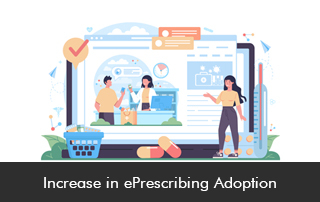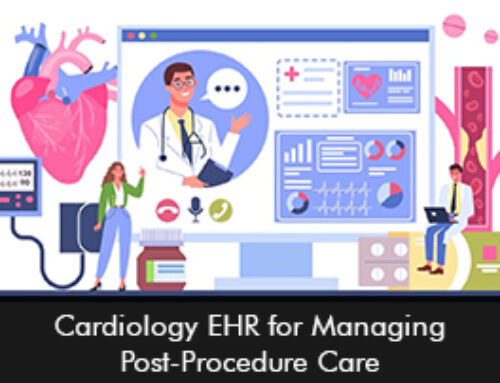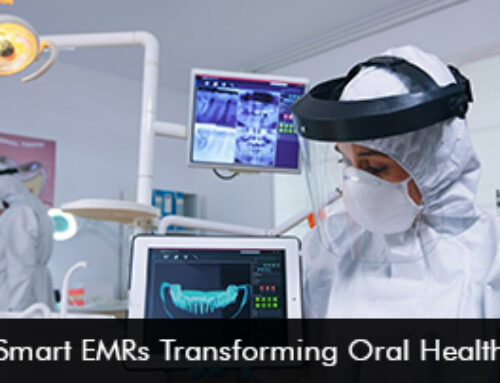An ONC data brief has shown an increase in ePrescribing adoption for controlled substances. The use of electronic prescribing of controlled substances (EPCS) and prescription drug monitoring programs (PDMPs) can support clinicians to make confident and informed care and treatment decisions. The USA is going through a drug overdose crisis, and using EPCS and PDMPs is a great way to enhance opioid prescribing practices and support patient safety. The use of ePrescribing (e-Rx) EMR software solutions by hospitals can alert physicians of any allergies and helps providers by giving them a complete picture of the patient’s drug history.
Highlights from the ONC data brief on the use of EPCS and PDMPs among office-based physicians
- The use of electronic prescribing of controlled substances increased greatly between the years 2019 to 2021, from 37% to 62%. Though, the use of EPCS varied by practice size, practice specialty, and EHR software developer market share.
- The use of prescription drug monitoring programs remained stable. 65% of physicians reported checking the robust program before prescribing controlled substances to patients.
- Clinician prescribers who accessed the PMDP through EMR systems rather than a portal increased from the years 2019 to 2021.
- Physicians revealed that checking the state’s PDMP helped them to experience at least one benefit.
Physician use of EPCS varied by practice characteristics
The following findings were revealed about clinician PDMP usage according to practice specialty and size. It gives us valuable insights into which medical specialty has used prescription drug monitoring programs to prevent any prescription drug errors and monitor controlled substance prescriptions.
- The use of PDMP was higher with primary care providers as compared to surgical specialists.
- The rate of EPCS use was greater among primary care physicians compared to medical and surgical specialists.
- Electronic prescribing of controlled substances was lower among solo practices compared to practices with 4 plus physicians.
- Physician-owned practice’s usage of EPCS was lower compared to other ownership types.
Importance of interoperability to combat the opioid crisis
Interoperability options within the workflow are important in making prescription drug monitoring programs more effective and efficient. With better interoperability, healthcare providers can leverage both patient and prescriber data between healthcare organizations. When more hospitals are seamlessly connected with a unified workflow, it boosts the exchange of patient prescription information between organizations. The power of interoperability allows clinicians to check prescribing practices across state lines and save more lives.







